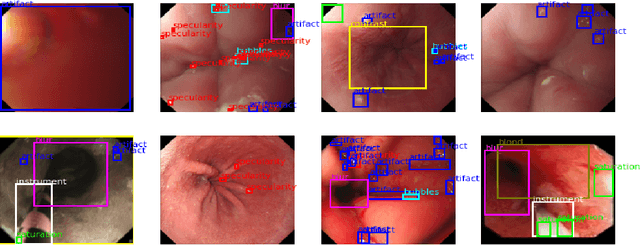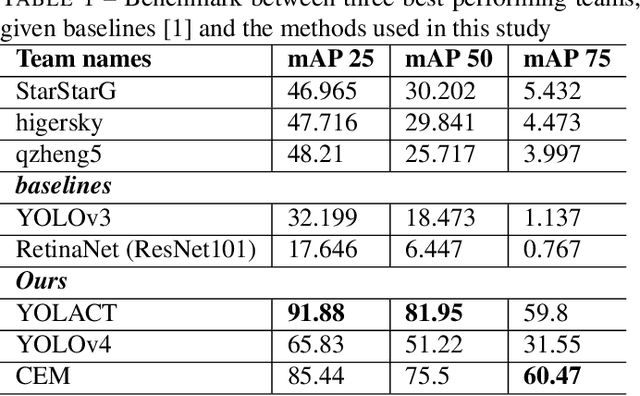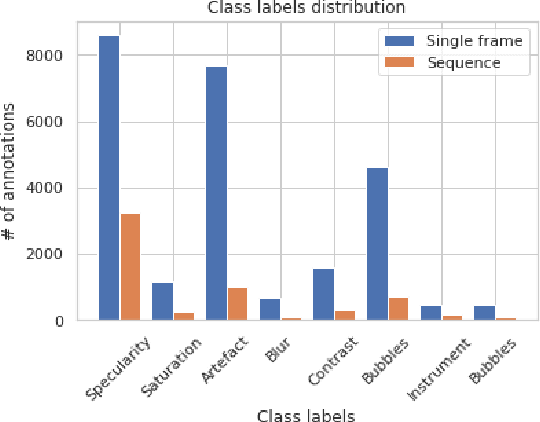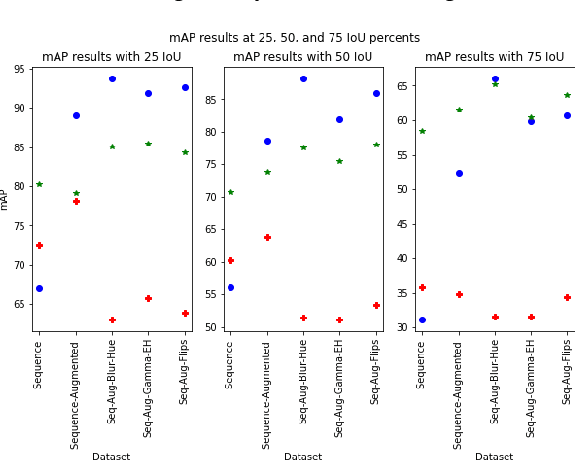Carlos Axel Garcia-Vega
Deep learning-based image exposure enhancement as a pre-processing for an accurate 3D colon surface reconstruction
Apr 14, 2023



Abstract:This contribution shows how an appropriate image pre-processing can improve a deep-learning based 3D reconstruction of colon parts. The assumption is that, rather than global image illumination corrections, local under- and over-exposures should be corrected in colonoscopy. An overview of the pipeline including the image exposure correction and a RNN-SLAM is first given. Then, this paper quantifies the reconstruction accuracy of the endoscope trajectory in the colon with and without appropriate illumination correction
Evaluating object detector ensembles for improving the robustness of artifact detection in endoscopic video streams
Jun 15, 2022



Abstract:In this contribution we use an ensemble deep-learning method for combining the prediction of two individual one-stage detectors (i.e., YOLOv4 and Yolact) with the aim to detect artefacts in endoscopic images. This ensemble strategy enabled us to improve the robustness of the individual models without harming their real-time computation capabilities. We demonstrated the effectiveness of our approach by training and testing the two individual models and various ensemble configurations on the "Endoscopic Artifact Detection Challenge" dataset. Extensive experiments show the superiority, in terms of mean average precision, of the ensemble approach over the individual models and previous works in the state of the art.
 Add to Chrome
Add to Chrome Add to Firefox
Add to Firefox Add to Edge
Add to Edge